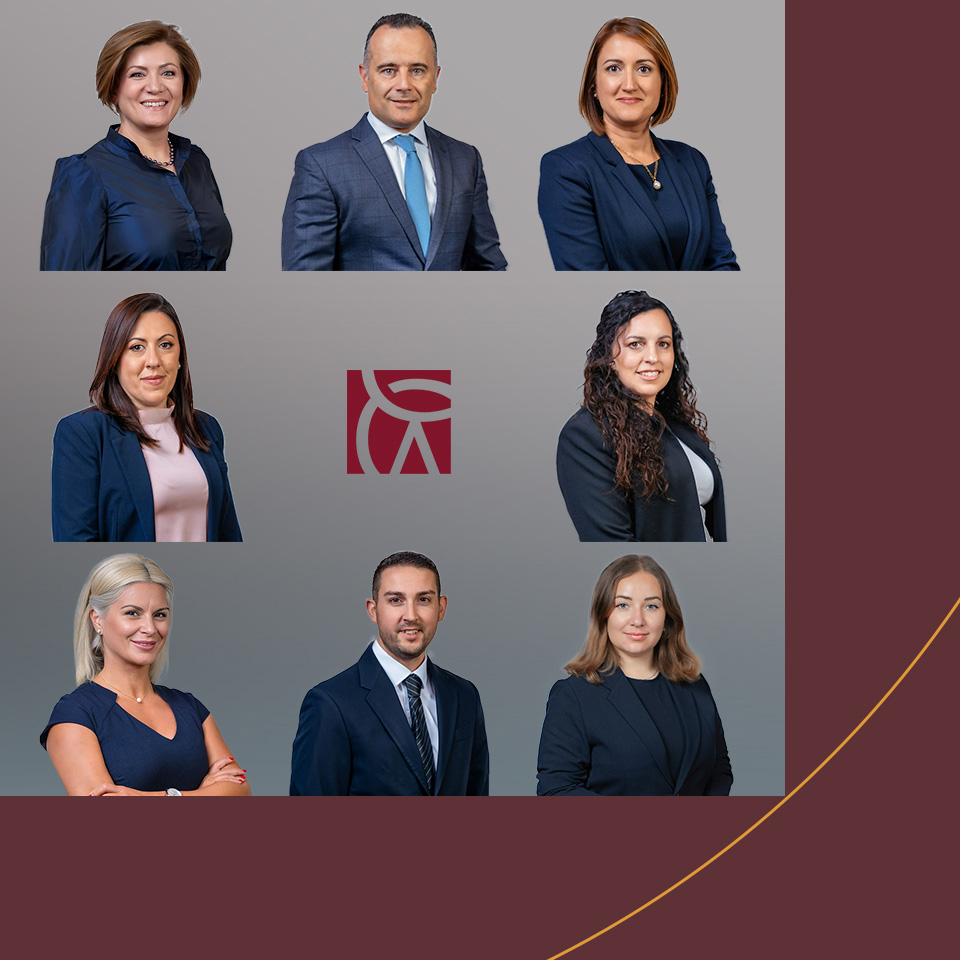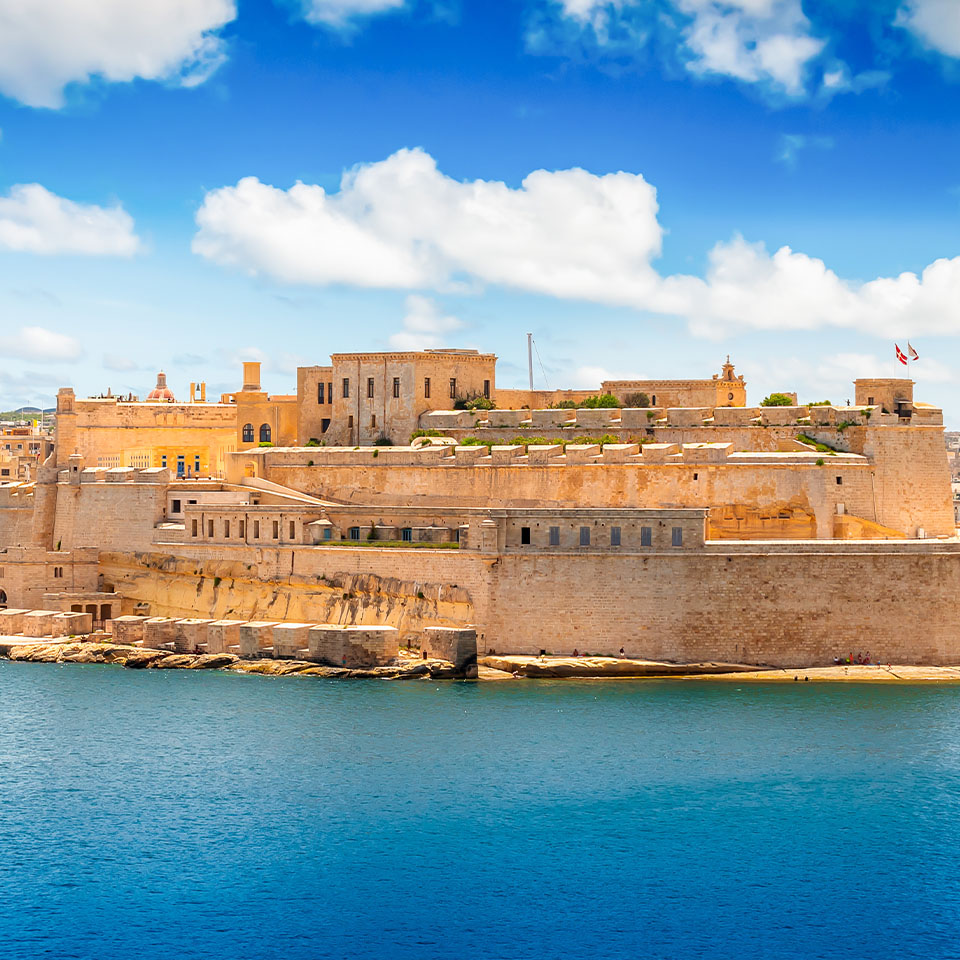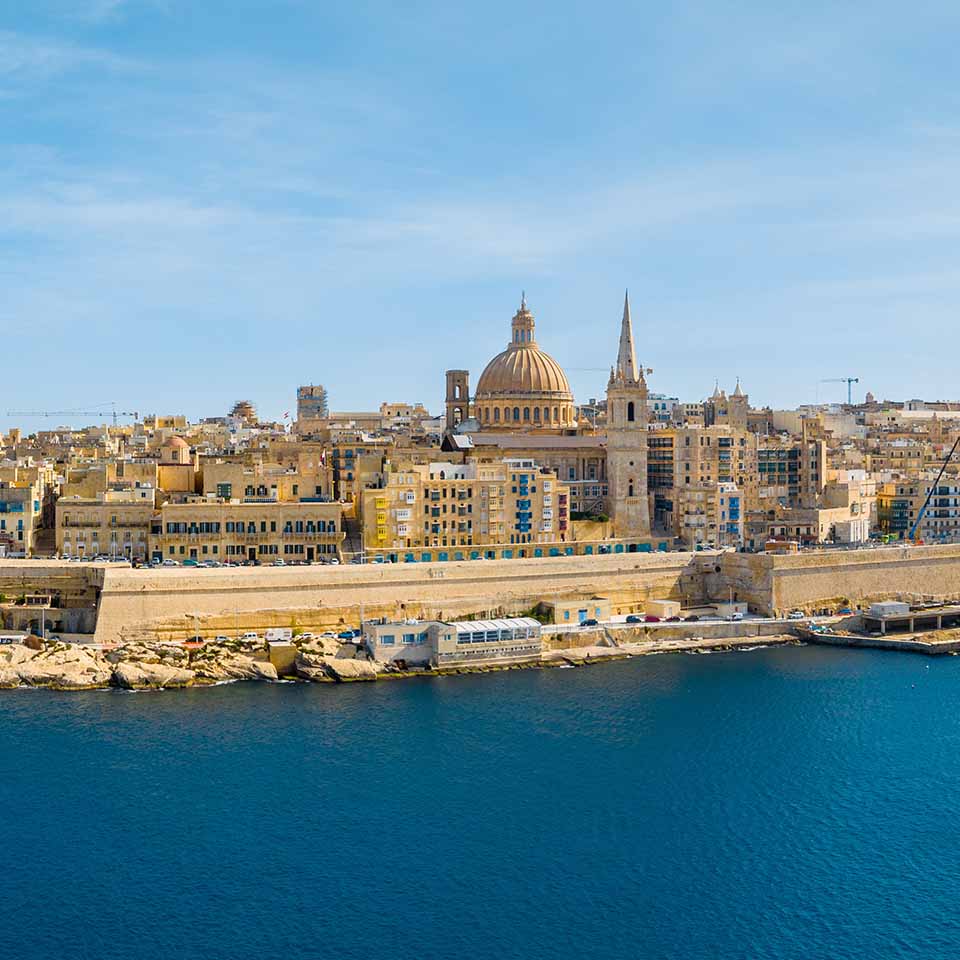Malta is a strategic gateway for international entrepreneurs seeking to establish a business in Europe. With its fast incorporation process, English-speaking workforce, and access to EU markets, Malta combines efficiency with opportunity. The jurisdiction offers a range of business structures, attractive tax benefits, and a stable political and economic environment. Whether you're launching a startup or expanding globally, Malta provides the tools and support to help your business thrive.
A Strategic Gateway to Europe
Malta, a vibrant island nation in the Mediterranean, offers a unique blend of lifestyle, stability, and opportunity for international entrepreneurs. Just a short flight from major European cities, Malta is well-connected and culturally rich. English is the primary language of business and regulation, making it easy for global clients to navigate legal and commercial processes.
As a member of the European Union, Eurozone, and Schengen Area, Malta provides seamless access to over 26 countries. Its political stability, economic resilience, and reputation for safety make it an attractive destination for families and businesses alike.
Malta’s education system is internationally recognised, with institutions such as the University of Malta, the American University of Malta, and Barts and The London School of Medicine and Dentistry. Healthcare is universally accessible and consistently ranks highly in global assessments.
Business Structures in Malta
Entrepreneurs can choose from a variety of business structures, including:
- Limited liability companies (private or public)
- Partnerships
- Sole proprietorships
- Cooperatives
- Trusts
- Branches of foreign companies
- Investment companies (SICAVs)
- Protected cell companies
The private limited liability company is the most popular choice, offering flexibility and efficiency. Partnerships are common in professional services, while SICAVs and protected cell companies are used in investment and insurance sectors respectively.
Incorporation Made Simple
Setting up a company in Malta is straightforward. Incorporation typically takes 24–48 hours once the required documentation is submitted. The process involves preparing a Memorandum of Association, which outlines the company’s name, structure, objectives, and shareholder details. Once approved, a Certificate of Incorporation is issued, and the company is ready to operate.
Tax Efficiency and International Reach
Malta’s corporate tax rate is 35%, but its Imputation System allows shareholders to receive refunds on tax paid at the company level, significantly reducing the effective tax rate. Refunds vary depending on the type of income and can reach up to 100%.
Malta also offers relief from double taxation through:
- Over 70 Double Tax Treaties
- Unilateral Relief for jurisdictions without treaties
This makes Malta a highly tax-efficient jurisdiction for international business.
Why Malta?
- Fast Incorporation – within 48 hours
- Cost-Efficient Operations – 20–30% lower than other EU hubs
- English-Speaking Workforce – professional and highly educated
- Business Incentives – tax credits, soft loans, training grants via Malta Enterprise
- EU Passporting Rights – for financial services and banking
- Strategic Location – gateway to Europe, North Africa, and the Middle East
Opportunities and Outlook
Malta continues to lead in innovation, particularly in Fintech and Blockchain. The Malta Stock Exchange’s Blockchain Committee is shaping legislation to support emerging technologies, positioning Malta as a pioneer in digital finance.
The property market remains strong, driven by foreign investment, rising disposable income, and demand from international professionals. Malta’s stable economy and favourable tax regime underpin its appeal to investors.
Launch with Confidence. Thrive in Malta. Book a Confidential Appointment.
FAQs
[question]1. How long does it take to register a company in Malta?[/question]
[answer]Company registration in Malta is fast and efficient. Once all documentation is submitted, incorporation is typically completed within 24 to 48 hours.[/answer]
[question]2. Do I need to be a Maltese resident to start a business in Malta?[/question]
[answer]No, non-residents can set up a business in Malta. The process is straightforward and designed to support international entrepreneurs and investors.[/answer]
[question]3. What are the main benefits of starting a business in Malta?[/question]
[answer]Malta offers a cost-effective setup, access to EU markets, a skilled English-speaking workforce, and a tax-efficient corporate structure supported by over 70 double tax treaties.[/answer]
Dr. Jean-Philippe Chetcuti
Dr. Antoine Saliba Haig
Magdalena Velkovska
Marina Magri
Explore Related Services
Related Insights
Latest Insights
























